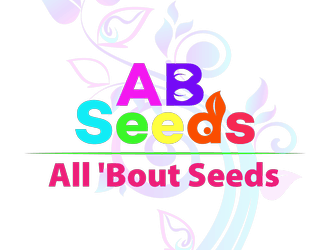CHILLI-HUNGARIAN-YELLOW HOT WAX
CHILLI-HUNGARIAN-YELLOW HOT WAX
A$3.60
Out of stock
Capsicum annuum
CHILLI-HUNGARIAN-YELLOW WAX HOT are a hot banana type Chilli with bright canary yellow waxy tapering fruits which turn red when fully mature. Good flavour, medium hot, 15cm long they grow prolifically on small compact bushes.

Heavy producer of yellow chilli, similar in shape to a banana with thick walls and turn from yellow to orange to red when mature. They can be eaten yellow or red. They are ideal for chopping finely into salads, stuffing with cheese or grilling. Heat level 5 – 6.
Scoville Heat Units (SHU)
1,000 - 15,000
Plant Height
40 - 60cm (1'3" - 1'9")
Season of Interest
warm to hot
Temperature Range
20 - 35°C (68 - 95°F)
Determine / Indeterminate
Annual / Perennial / Biennial
Perenial/Annual
Frost Hardy / Tender
Tender
Full Sun / Part Sun / Shade
Full sun
Sow Direct / Raise Seedlings
Either
Soil
Sandy Loam, Rich in nutrients. added compost to the soil for fertility, and dolomite or crushed egg shells to help fend off blossom end rot
pH
5 - 6
Soil Temperature
18 - 30°C (64 - 86°F)
Seed Preparation
Soak seeds overnight in lukewarm water or freeze for a few days before planting
Sowing Depth
5mm (¼")
Plant Spacing
45 - 60cm (1'6" - 1'12")
Row spacing
80 - 110cm (2'7" - 3'7")
Watering
regular, keep moist not wet
Germination Time (Days)
7 - 21
Harvest Time (Days)
60 - 90
Good Companion Plants
carrots, cucumber, squash, members of the Allum family, Basil, Dill, Fennel
Bad Companion Plants
Pests
Diseases
blossom end rot
More About Us
ABSeeds is an Australian owned business trading under the umbrella of Direct Compost Solutions which is owned and managed by Victoria Brun.
We as a company endeavor to provide to the public, Organic, Old Fashioned, Heritage, and Open-pollinated seeds that have not been genetically modified.
We purchased the business in November 2018 and renamed it to ABSeeds (All ‘Bout Seeds) to make the title shorter and represent what we hope to achieve with this business in the years ahead.
Seeds that we can’t grow ourselves we will acquire from people who grow for us, or we may purchase seeds from reputable heritage seed companies.





